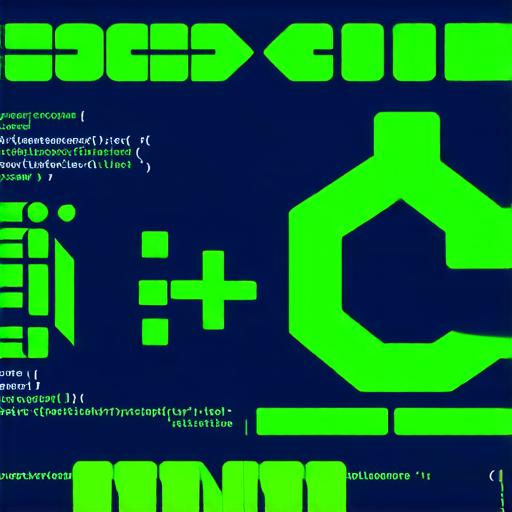Understanding the Syntax
One of the most significant challenges that beginners face when learning C++ is understanding its syntax. The language is known for its complex rules and conventions, which can be difficult for new programmers to grasp.
Declaring variables
Variable declaration in C++ requires specifying the data type and memory allocation using keywords such as int, float, char, and double. Additionally, variables must also be declared before they can be used, which can be confusing for beginners who are used to dynamically typed languages like Python.
Control structures
C++ has several control structures, including loops and conditional statements, that require careful syntax to function correctly. These structures can be challenging for new programmers to understand and use effectively.
Functions
Functions in C++ must be declared and defined before they can be used, which can be confusing for beginners who are used to procedural programming languages. Additionally, functions can take parameters and return values, which adds another layer of complexity to the syntax.
Overcoming Syntax Challenges
To overcome syntax challenges when learning C++, it is essential to practice coding regularly and seek help from experienced programmers or online resources. Some tips for improving syntax skills include:
- Start with simple programs: Begin by writing simple programs that focus on one concept at a time, such as variable declaration or control structures. This will help you build a solid foundation in the language before moving on to more complex concepts.
- Use an IDE: An integrated development environment (IDE) can help simplify the coding process by providing syntax highlighting, auto-completion, and error checking. These features can help catch mistakes early and make it easier to understand the code you are writing.
- Read and study code examples: There are many resources available online that provide code examples and tutorials on C++ syntax. Studying these examples can help you learn how to write clean and efficient code.
Understanding Conceptual Challenges
In addition to syntax challenges, beginners may also face conceptual challenges when learning C++. Some of the most common conceptual challenges in C++ include:

- Object-oriented programming (OOP): C++ is an object-oriented language, which means that programs are built around objects that encapsulate data and behavior. Understanding how to create and manipulate these objects can be challenging for beginners who are used to procedural programming.
- Memory management: C++ requires manual memory management, which means that programmers must allocate and deallocate memory using functions like new and delete. This can be confusing for beginners who are used to languages that handle memory automatically.
- Templates: C++ templates are a powerful feature that allows programmers to write reusable code. However, understanding how to use templates effectively can be challenging for beginners.
Overcoming Conceptual Challenges
To overcome conceptual challenges when learning C++, it is essential to focus on building a strong foundation in programming principles. Some tips for improving conceptual skills include:
- Start with the basics: Begin by learning the fundamentals of programming, such as data types, control structures, and functions. This will help you understand how C++ works at a basic level before moving on to more complex concepts.
